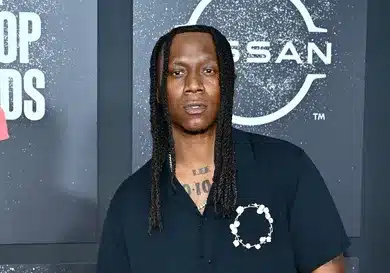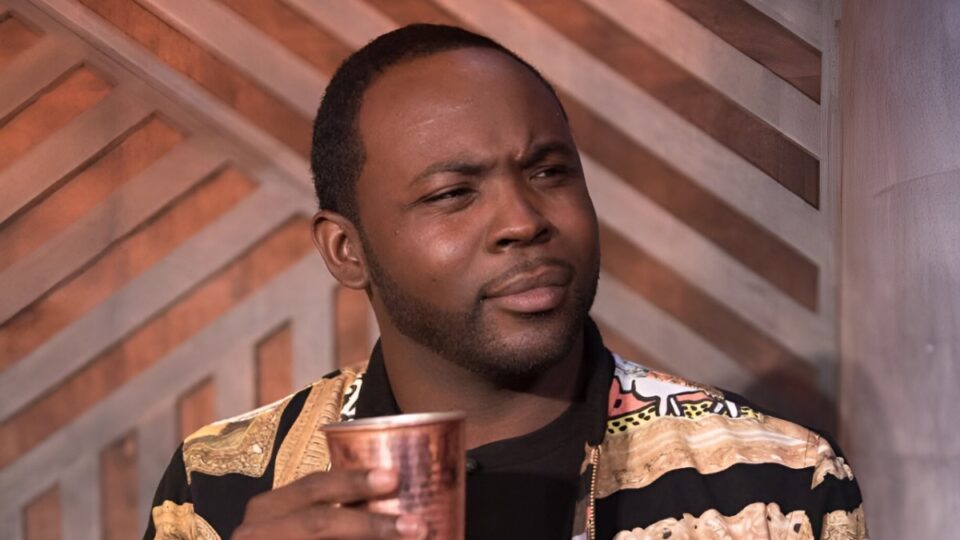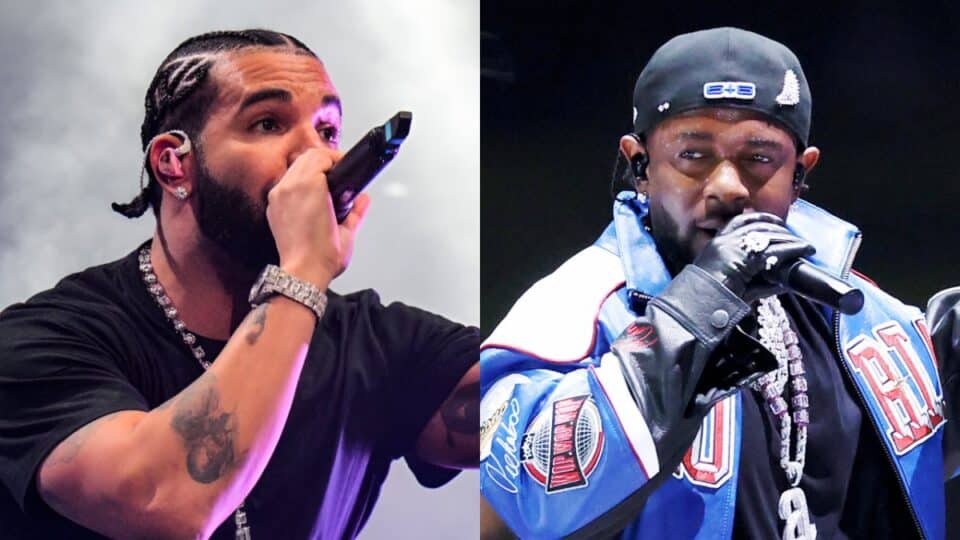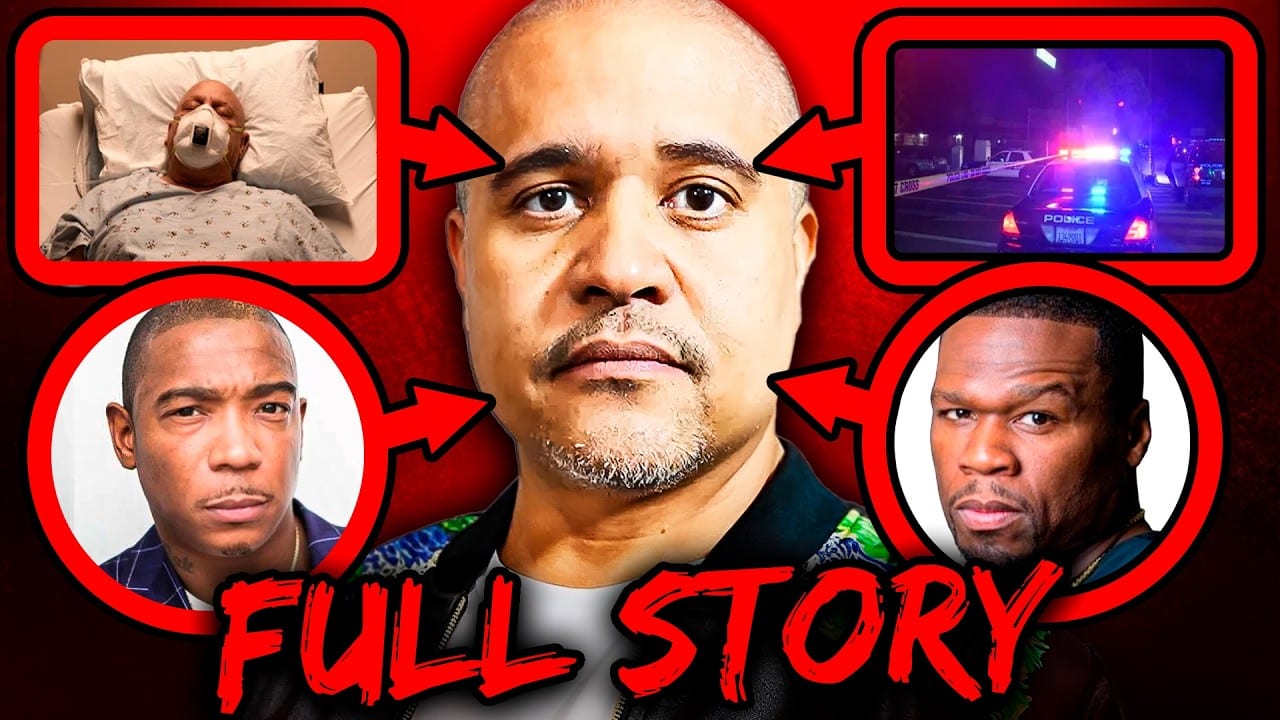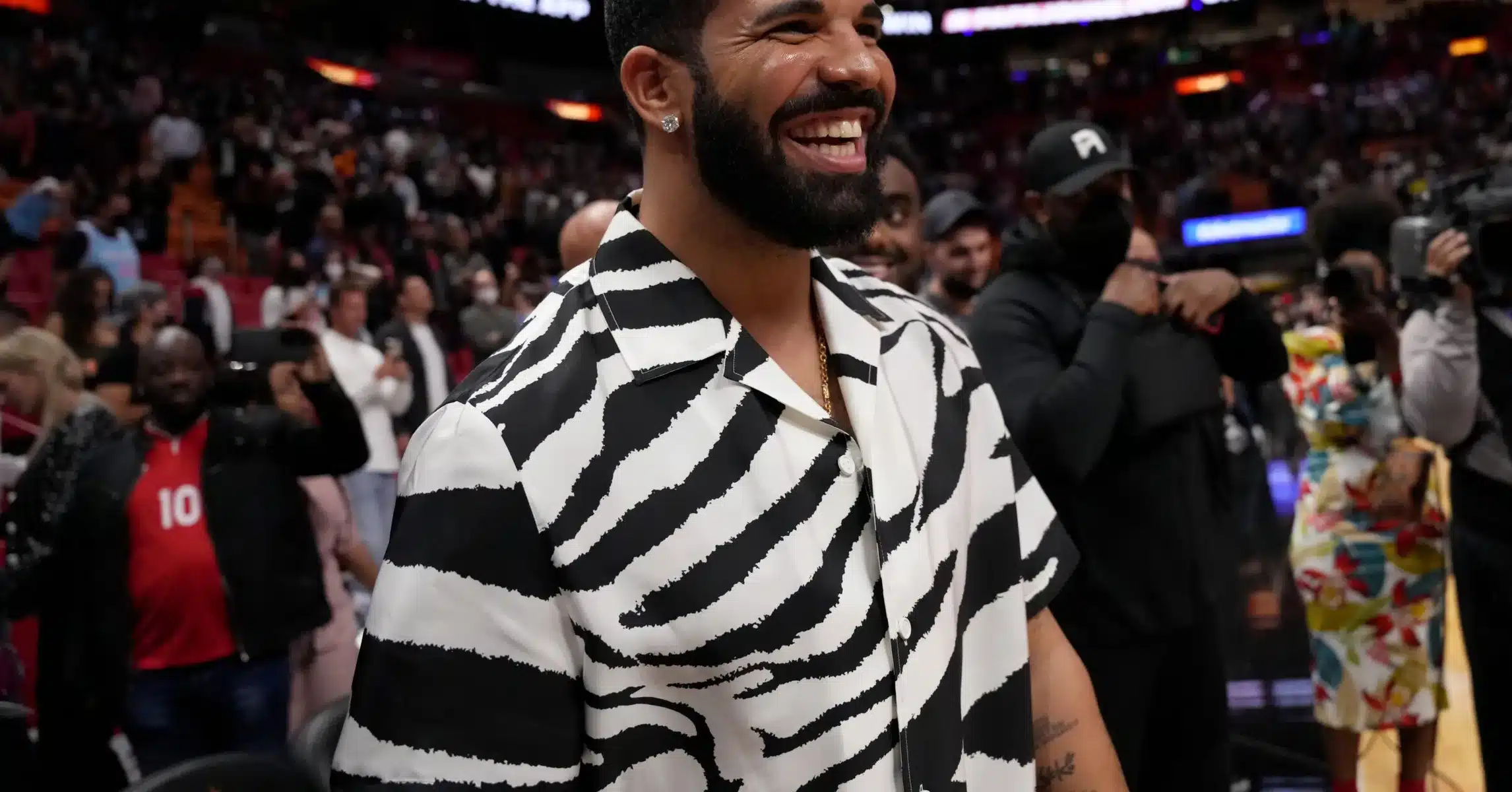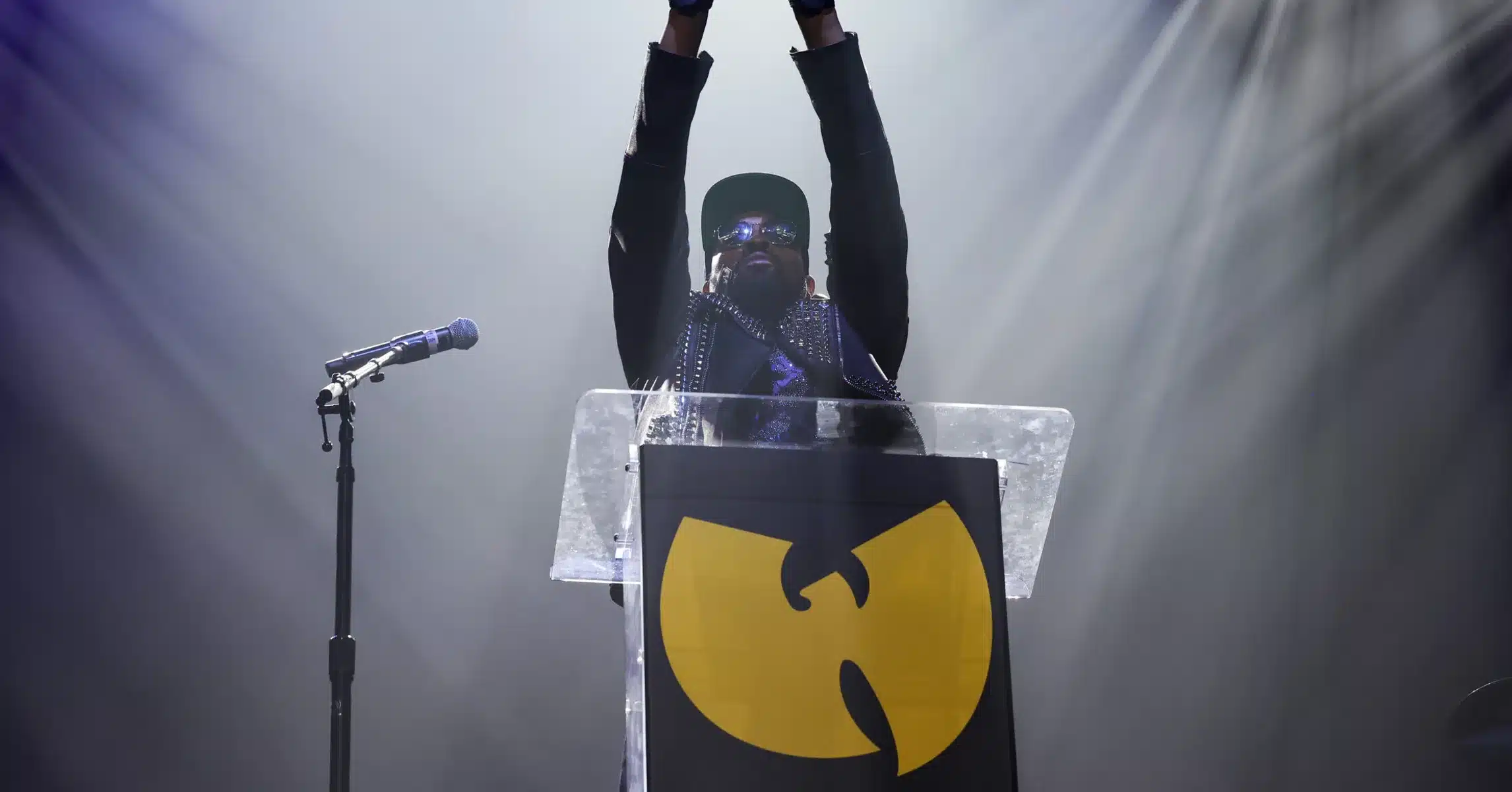Amid swirling controversies, Top Dawg Entertainment (TDE) faces a fresh legal challenge as two women amend their lawsuit to accuse the label of exposing their identities.
The drama continues to escalate around Top Dawg Entertainment. Initially, two women filed a lawsuit against the label, alleging serious misconduct, including harassment and assault. Their accusations are directed at high-profile figures within the company. One woman alleges sexual harassment by TDE’s current president, Anthony ‘Moosa’ Tiffith Jr., while the other points to Chief Marketing Officer Brandon ‘Big B’ Tiffith for attempted sexual battery. Meanwhile, another employee allegedly pressured a woman into alcohol consumption to exploit her.
In a twist, TDE’s legal response has intensified the situation. Marty Singer, representing TDE, publicly revealed the identities of the women involved. This decision has sparked new allegations of doxxing in the lawsuit. As a result, the women claim they are facing threats and emotional turmoil due to their names being disclosed.
[instagram-embed-display instagram_id=’DFyMCHIhXtX’]
The lawsuit, initially filed under the pseudonyms Jane Doe and Jane Roe, highlights their fear for personal safety and reputation. The revelation of their identities was reportedly made through a public statement by TDE on February 1, 2025, labeling the lawsuit as a ‘shakedown’ and naming Linda Luna and Ayah Altayri as plaintiffs. This, according to the amended lawsuit, has caused significant distress and further complications to their case.
TDE, however, stands firm in refuting these allegations. The label describes the lawsuit as baseless, with fabricated claims driven by opportunism. Their lawyer points to evidence such as text messages that supposedly disprove the allegations. TDE also asserts that the plaintiffs were never formal employees, casting doubt on the credibility of their accusations.
As the legal battle unfolds, the debate over privacy rights and corporate responsibility takes center stage. The accusation of doxxing has added a contentious layer to the ongoing lawsuit, raising questions about ethical practices in handling sensitive information in legal disputes.
In contrast, critics argue that publicizing victim identities in such cases can deter others from coming forward, potentially allowing misconduct to continue unchecked. The fallout from this case could have broader implications for how similar lawsuits are managed in the entertainment industry.
As the legal dispute between TDE and the plaintiffs unravels, it highlights crucial issues of accountability and privacy in the entertainment sector. Both parties remain entrenched in their positions, setting the stage for what promises to be a lengthy and complex legal showdown.
